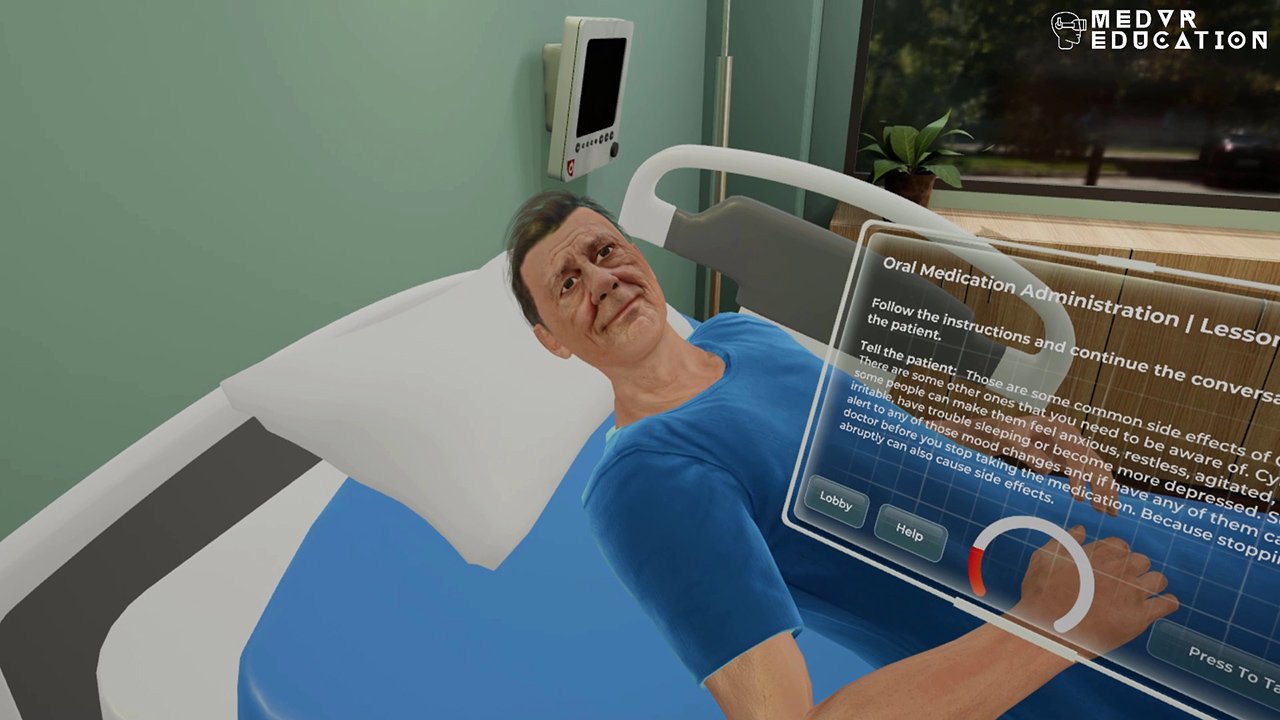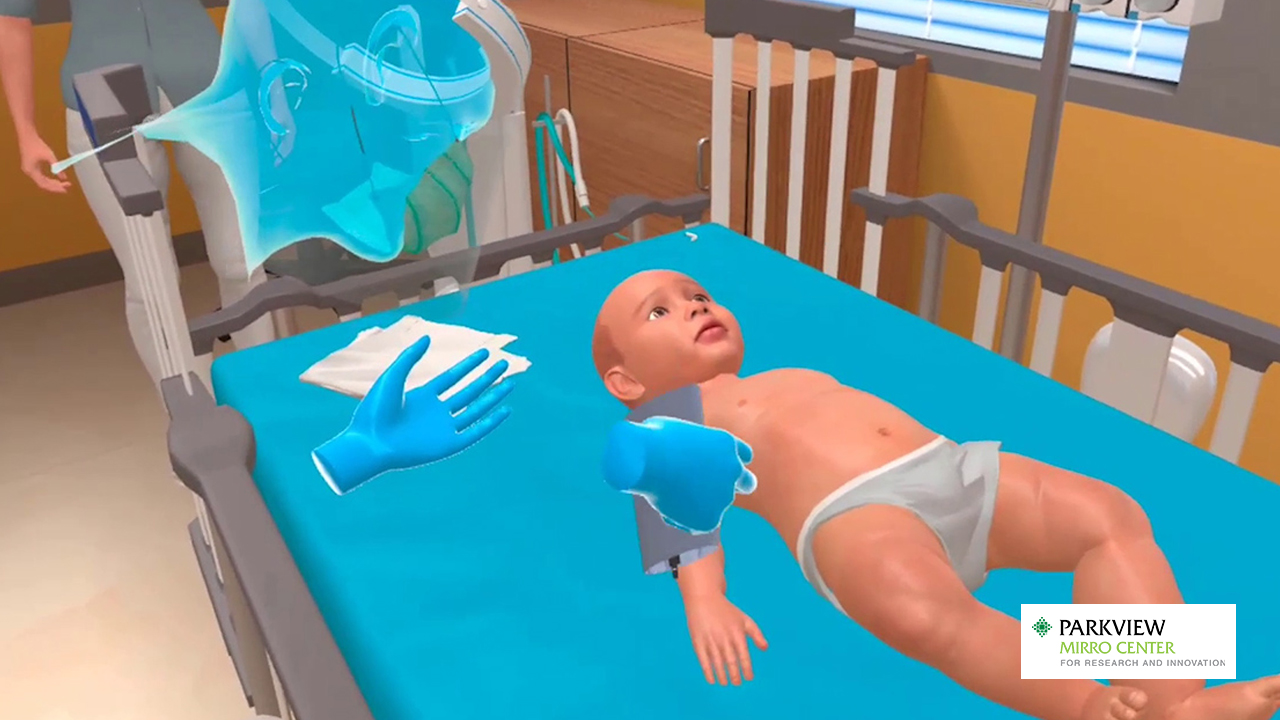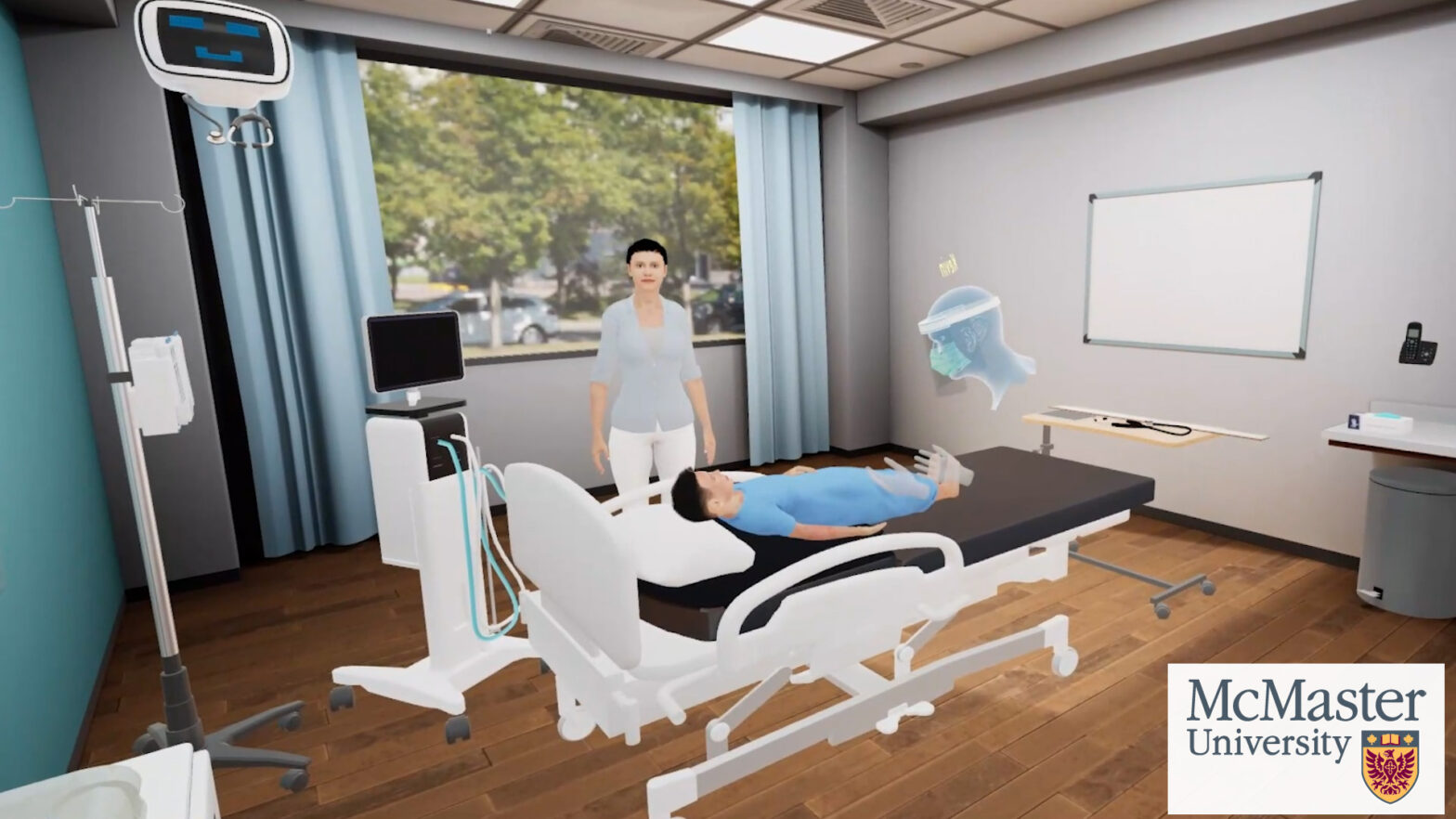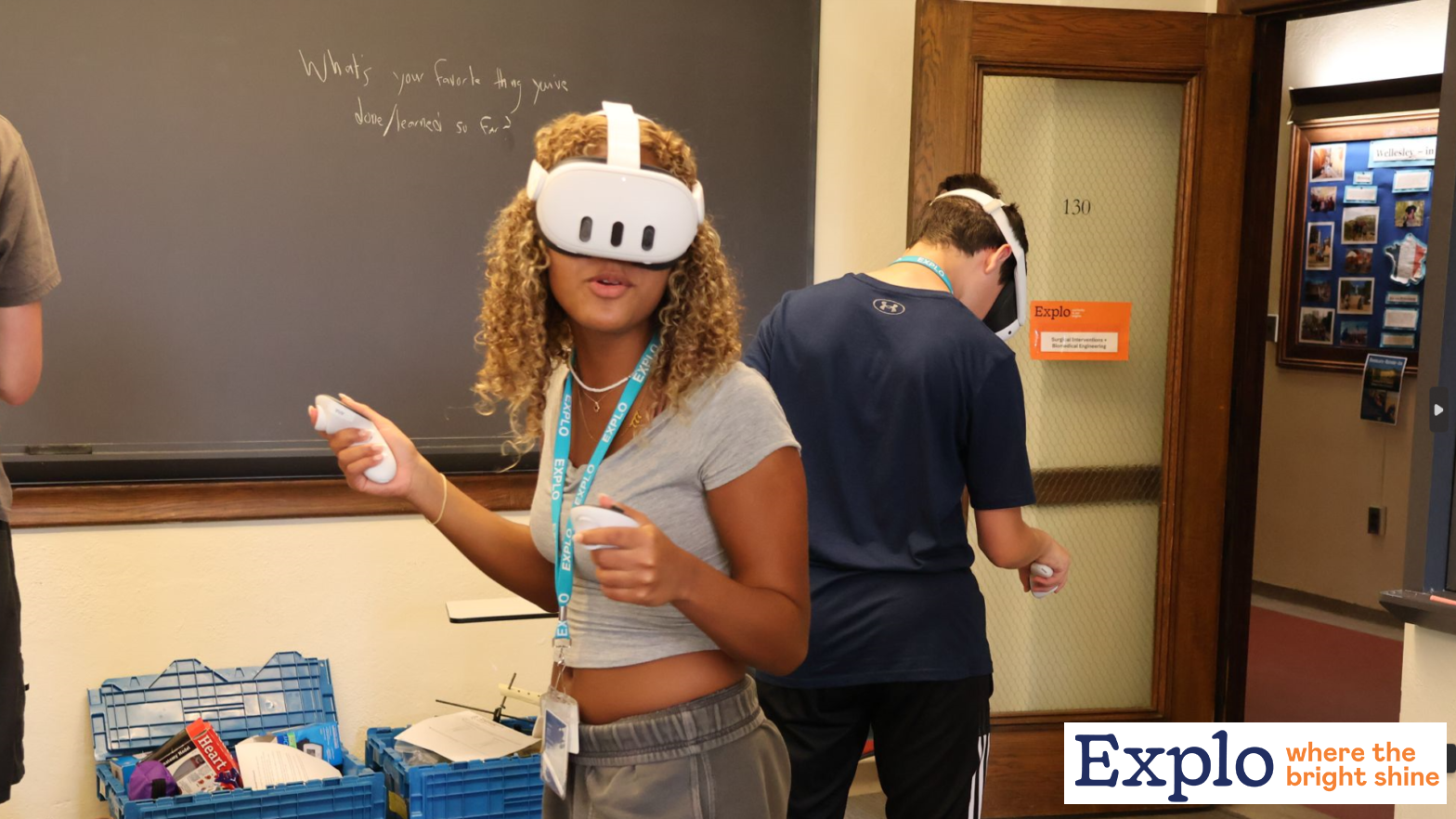
The term ‘nursing’ encompasses a wide range of skills. Besides assisting doctors in procedures, some of the responsibilities of a nurse include providing bedside care, monitoring and recording patient’s health, administering medication, performing diagnostic tests, conducting physical examinations, and educating patients and their families about the treatment process. It is worth noticing here that while some skills call for technical knowledge, all of them require soft skills. This could be in the form of empathy, understanding, compassion, speaking, and listening.
We will be zeroing in on the speaking and listening skill here with special focus on patient education with regard to oral medication administration.
What involves patient conversation regarding medication?
It goes without saying, almost all medical illnesses require medication for healing. Severe cases call for hospitalization where nurses tend to patients and help with timely medicine intake. They also keep a close eye to detect any side-effects. However, not all patients require hospitalization and those in the hospital eventually have to be discharged. In either case, medicines become the responsibility of the patient and their caregivers.
As a nurse, it is important to educate the patient and their caregivers about the medicine intake and factors revolving around it. Patient-nurse conversation must cover some important aspects.
– Patient’s allergies to any medicine
– Names of prescribed and over-the-counter medications
– Has the patient been prescribed a similar medicine in the past
– Did the patient suffer from any side-effects then
– Possible side-effects of the currently prescribed medicines
– Serious side-effects vs mild side-effects
– Steps to take in case of side-effects
– Whom to contact in case of any discomfort or side-effect
– Tips to minimize chances of side-effects
From a broad perspective, these are some of the points that must be covered when informing or educating a patient about their medications. Specifics may change depending upon the ailment and treatment regime.
Significance of patient education
Effective patient-provider communication is an important aspect for every medical treatment process. Educating the patient about their medicines, regime, and intake methods has a significant role to play and holds multiple benefits.
– With knowledge of medication schedule, it helps maintain medication adherence.
– Timely intake of medicines helps to facilitate a healthy recovery.
– When aware of possible side-effects, the patient can know what to expect, and take timely action.
– In extreme cases, timely detection of side-effects can be lifesaving.
– Tips on how and when to take certain medicines can help eliminate discomfort related to some medicines.
Away from hospital and the supervisory attention of nurses, patients need to take care of themselves. Adequately educating patients of their treatment process and medicines involved can ward against unwanted circumstances and lead to a healthy recovery.
Skill Training with MedVR Education
Nurses are closely involved with patients throughout their treatment, having a key role to play in the recovery process. With effective conversation skills, nurses can skillfully help educate patients about their medicines and medicine regime.
MedVR Education, through its Oral Medication Administration simulation training, provides nurses with an ideal opportunity to practice these conversation skills.
Conversation skills with patients: As part of this VR solution users practice conversation skills with a virtual patient. Learners learn to convey information effectively, understand the patient’s concerns, work towards putting to rest patient’s worries, provide information regarding the medicine and tips on how to take medicines so as to minimize side-effect related discomfort.
Practicing with MedVR Education
Each session with MedVR Education is packed with multiple advantages to provide a rich and engaging setting for learning.
– Close to reality environments mimic a true-to-life learning atmosphere.
– Virtual patients provide realistic experiences similar to working with real patients.
– Stress-free sessions help practice, make mistakes, and improve at every stage.
– Multiple practice sessions provide innumerable opportunities for skill refinement.
– Self-analysis of performance is facilitated by a web-based dashboard.
– Instant feedback in the training sessions helps identify mistakes and rectify them instantly.
– The assessment mode helps learners’ recap, revise, review, and perfect their skill.
– Detailed instructions provide better understanding and knowledge application.
– On-the-air updates of apps assures ease of access as all technical issues are managed at the backend by the tech team.
The healthcare industry is all about patient care. A doctor is directly connected to the patient while the pharmacist helps from a distance. When it comes to nurses, there is always a one-to-one relationship between a patient and a nurse. Doctors treat and prescribe medicines but it is the duty of the nurses to assist in the recovery period. As a Swedish economist and diplomat, Dag Hammarskjöld had once rightly said, “Constant attention by a good nurse may be just as important as a major operation by a surgeon.” Significance of a nurse in a patient’s life could not have been put down better.
Contact us to know more about VR in healthcare training, or visit our MedVR Education webpage to explore the various programs we offer.


